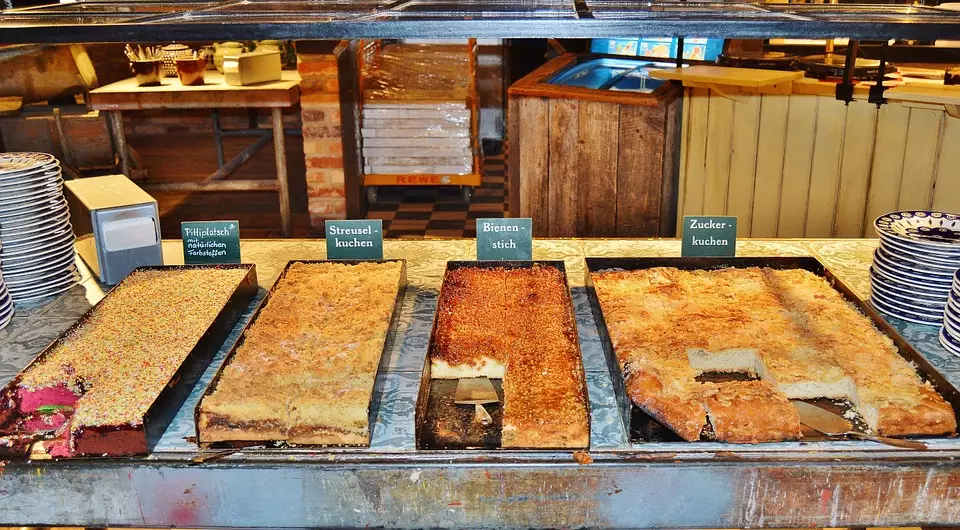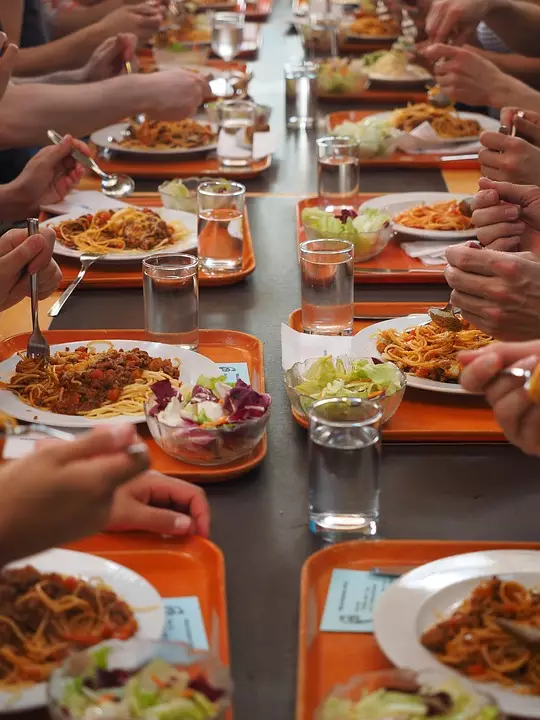CLIKIS – Climate friendly Kitchen in Schools
The project is completed. The CLIKIS project disseminated approaches and measures for climate-friendly school meals in Poland – responsible staff, for example, was trained to select environmentally-friendly ingredients and to use energy-saving technology.
Awareness Climate Policy Food Systems

Project info
Poland
09/18 - 06/19
-
79,973.00 €
Contact info
Malte Schmidthals
- Fundación Tecnalia Research & Innovation
- PNEC - Association of Municipalities Polish Network "Energie Cités"
Project
The project transfers the results of the German predecessor project KEEKS (Climate and Energy-Efficient Meals in Schools) to Polish conditions and eating habits. To achieve this, CLIKIS adapts educational materials and evaluates typical meals and ingredients according to their climatic impact in CO2 equivalents.

The main method of transferring the adapted project to Poland is “Train-the-Trainer” seminars. German and Polish project partners also carry out projects in Polish schools and school kitchens. Training courses teach our implementation partner PNEC, Polish training personnel and kitchen management how to apply the project methods and principles.
The training shows the relationships between climate change and nutrition and provides useful information on energy-saving school kitchen operations.
The courses address three specific areas of activity: the variation of ingredients, kitchen technology and user behaviour. Organisational measures are also covered in the courses.
Background
Although agriculture accounts for around 13% of global greenhouse gas emissions and an even greater proportion of emissions originates from land use changes (mostly from forest to agriculture), the topic of “food” is still relatively new in Poland’s climate protection policy.
The pilot project, which was successful in Germany, is aimed at supporting the introduction of this topic in Poland – and it seems promising for two reasons. On the one hand, a discussion has begun in Poland about higher quality for school meals (so far for health and ecology reasons, but not for reasons of climate protection) and on the other, the organisational form of school catering is very similar in Poland and Germany, since both countries have caterers, leaseholders and schools which cook meals independently.
Last update: July 2024
